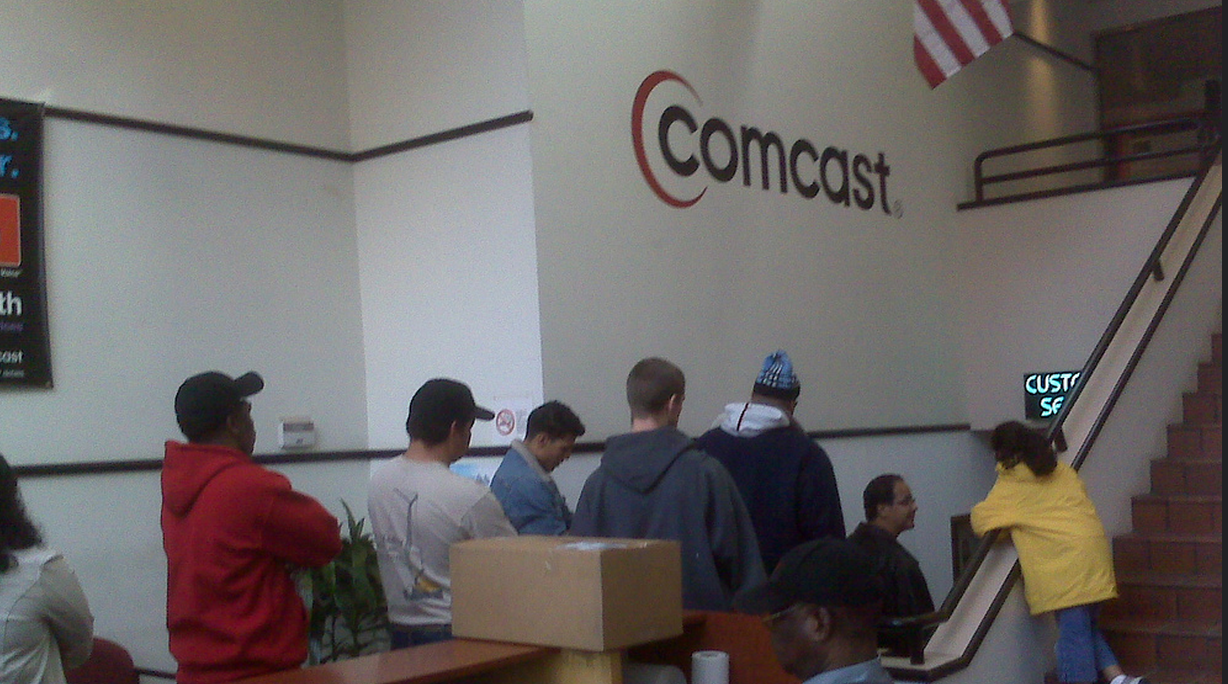For the last few years, Comcast has been testing out data caps in a small number of markets, charging customers for exceeding their monthly allotment of 300GB (or offering them the chance to pay even more money for “Unlimited” access). More recently, the nation’s biggest cable company began expanding the number of data cap markets, and a new report shows that these new limitations have not gone over well with Comcast customers. [More]
fcc

More Than 500,000 People Ask CenturyLink To Help End Robocalls
Even though the FCC has said that landline operators can offer robocall-blocking technology to their customers, many of them have so far chosen to not do so. That’s why our colleagues at Consumers Union hand-delivered a petition with more than 500,000 signatures to CenturyLink this morning, hoping to drive home how fed-up consumers are with these unwanted interruptions. [More]
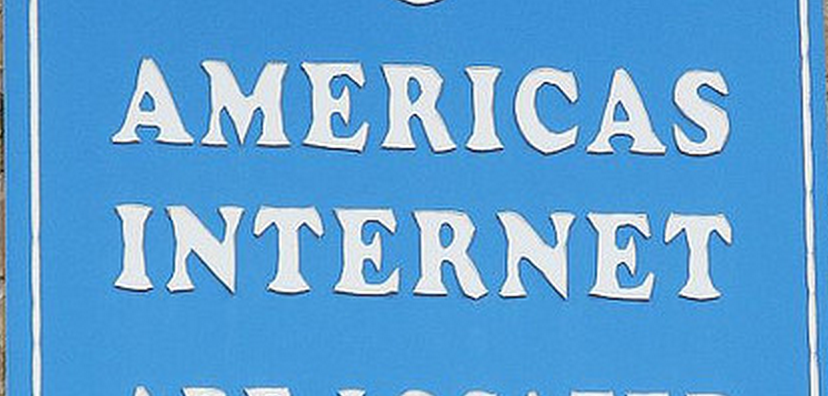
Kickstarter, Tumblr, Etsy, Others Ask Lawmakers To Not Use Budget To Ruin Net Neutrality
While the telecom industry is fighting the bad fight against net neutrality through the legal system — the way such matters are supposed to be handled — some in Congress want to ruin the FCC’s Open Internet Order by using good ol’ fashioned pork-barrel politics, slapping riders that will undercut the pro-consumer regulation onto the omnibus budget bill now being compiled on Capitol Hill. [More]

Verizon To Follow Lead Of AT&T, T-Mobile; Try Some Sort Of Sponsored Data
The largest wireless provider in the U.S. has also been one of the least innovative in terms of its pricing. Its Chief Financial Officer even said earlier this year that “We’re a leader, not a follower.” And yet, Big V is just beginning to dip its toes into an idea that its competition has been swimming in for quite some time. [More]

Net Neutrality Opponents, FCC Get Their Long-Awaited Day To Argue In Court
We all knew from the moment that the FCC voted to reclassify broadband and protect the open internet back in February that ISPs would file every suit they could think of to kill the rule off again, as thoroughly as could be. The suits were formally filed back in April, but the wheels of justice and government roll at something of a slow grind and so the oral arguments in the case were finally heard today. [More]
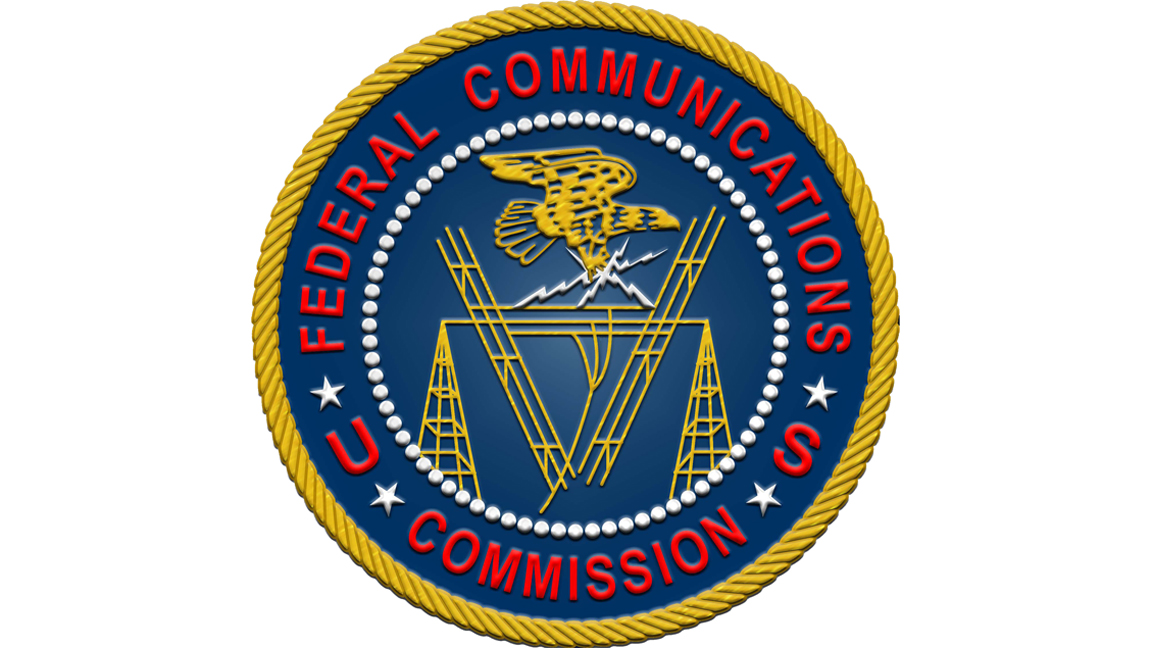
New Hire At FCC May Indicate More Protection For Consumers’ Privacy Down The Road
Government agencies are basically giant businesses: they hire new people all the time, and it’s very rarely news when they do. Occasionally, though, the match of person and position may hint at big news for consumers, as one recent hire at the FCC just did. [More]

AT&T, Verizon Tell FCC That They Should Be Able To Block Texts When They Want To, For Your Own Good
Texting isn’t just the purview of teenagers. Bulk texting is a huge business. Sometimes they’re scam spam in about the same category of usefulness as emails from a wealthy Nigerian prince who doesn’t exist, granted, but sometimes they’re useful blasts from businesses or public entities that let a whole bunch of people get useful information quickly in a low-bandwidth way. But what they aren’t, quite yet, is clearly regulated. A case moving through the FCC right now, however, may change that. [More]

FCC Moves To Make All Wireless Devices Compatible With Hearing Aids, Cochlear Implants
While current FCC rules require cellphone makers to offer devices that won’t interfere with hearing aids and cochlear implants, not all wireless devices are included. Today, the Commission made two moves intended to include this compatibility on all wireless phones. [More]

Phone Companies Can Filter Out Robocalls, They Just Aren’t Doing It
Even in an age when everyone has Caller ID on their cellphones and landlines, when more than 200 million numbers are listed on the national Do Not Call Registry, our phones are still inundated with unwanted auto-dialed and prerecorded calls. And though state and federal regulators regularly shut down illegal telemarketing operations, it can seem like a game of Whac-A-Mole, with new robocallers popping up to replace the old ones. [More]

FCC Declines To Force Internet Companies To Listen When You Ask Them Not To Track You
It’s no secret that the internet, well, follows you around. Browse one product on Monday and you’re seeing ads for it everywhere all week long. Modern browsers have an option that lets users ask businesses nicely not to follow them. One consumer group tried to ask the FCC to make businesses listen but it appears that is not to be. [More]
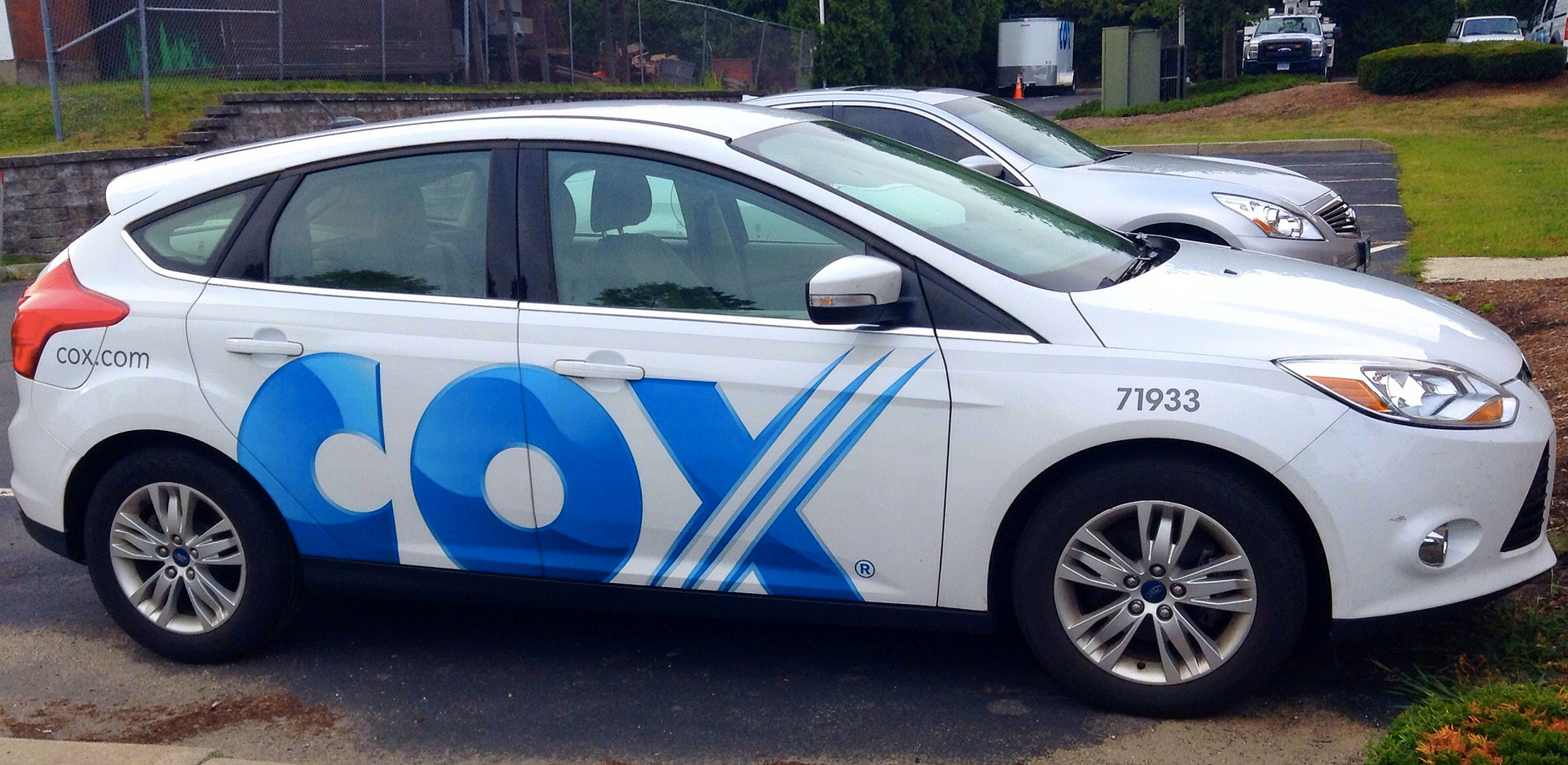
Cox Receives $595K Slap On Wrist For Failing To Prevent Data Breach
In Aug. 2014, a hacker used a clever bit of social engineering to talk his way into accessing the personal information for an unknown number of Cox cable, Internet, and phone customers. For its failure to shield its system from this sort of outside invasion, the pay-TV company has agreed to pay $595,000 to the FCC. [More]

Senators Introduce Bill To Close New Robocall Debt-Collection Loophole
Last week, the president signed an emergency budget bill that kept the government from shutting down, but which also quietly exempted federal agencies from an important consumer protection against automated debt-collection robocalls. A new piece of legislation hopes to turn back the clock on that mistake by closing that recently opened loophole. [More]

Company Faces $718K Fine For Blocking WiFi Hotspots At Baltimore Convention Center
Another company is learning about the fine points of Section 333 of the Communications Act, which prohibits willful interference with any licensed or authorized radio communications. This time, it’s the folks who provided the Baltimore Convention Center’s in-house WiFi service who were caught by the FCC trying to block individual WiFi hotspot users from going online. Meanwhile, Hilton is also being slapped with a proposed fine for its failure to comply with an investigation into its alleged hotspot blocking. [More]

Senators Say They Will Try To Reverse Robocall Exemption For Federal Debt Collectors
Right now, the U.S. Senate is going through process of discussing the bipartisan budget proposal intended to prevent another federal shutdown. It’s a bill that, by most accounts, is destined to pass without removal of a provision that gives the federal government — and only the federal government — the permission to place unwanted, automated robocalls for the purposes of debt collection without the recipient’s permission. But some lawmakers are pledging to do something after the budget bill has passed. [More]

Federal Budget Proposal Would Allow Government To Robocall Your Cellphone Over Debts
Federal law currently prohibits most non-emergency robocalls to cellphones unless the recipient has given their prior express consent to receive auto-dialed calls. But amid the battle over the federal budget, someone has slipped in some language to the budget bill currently before Congress that would exempt government debt collectors from this law. [More]
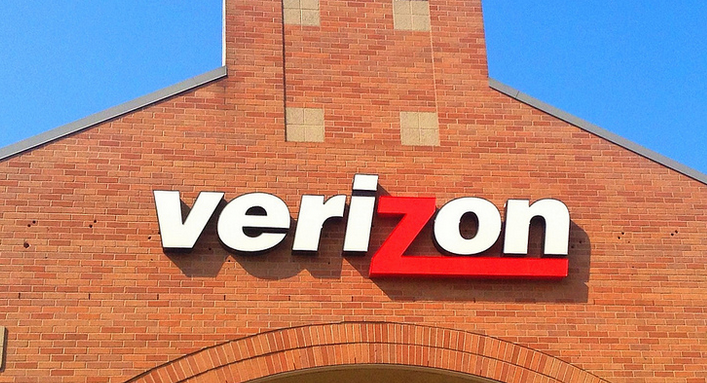
Verizon Wireless Asks FCC For Permission To Start Offering WiFi Calling
Not one to be left behind while the other major carriers are hanging out on the technology bandwagon, Verizon Wireless has asked the Federal Communications Commission for permission to enable WiFi calling on its network. [More]


